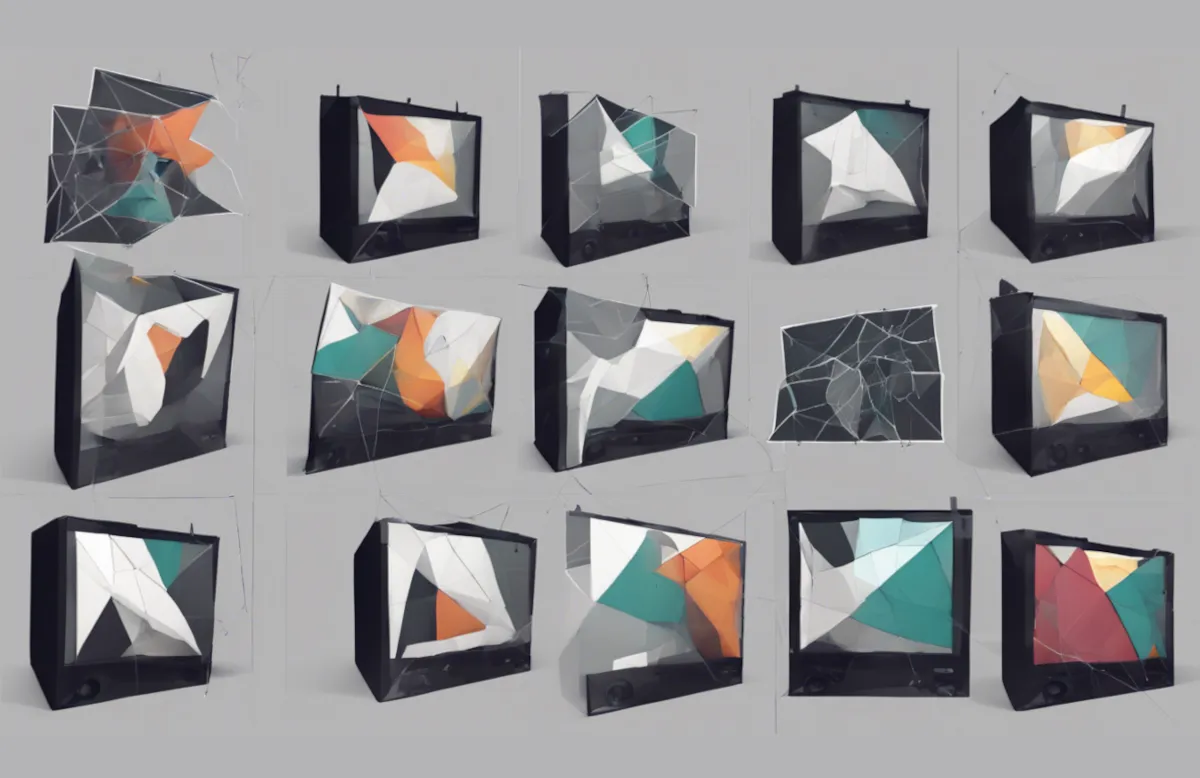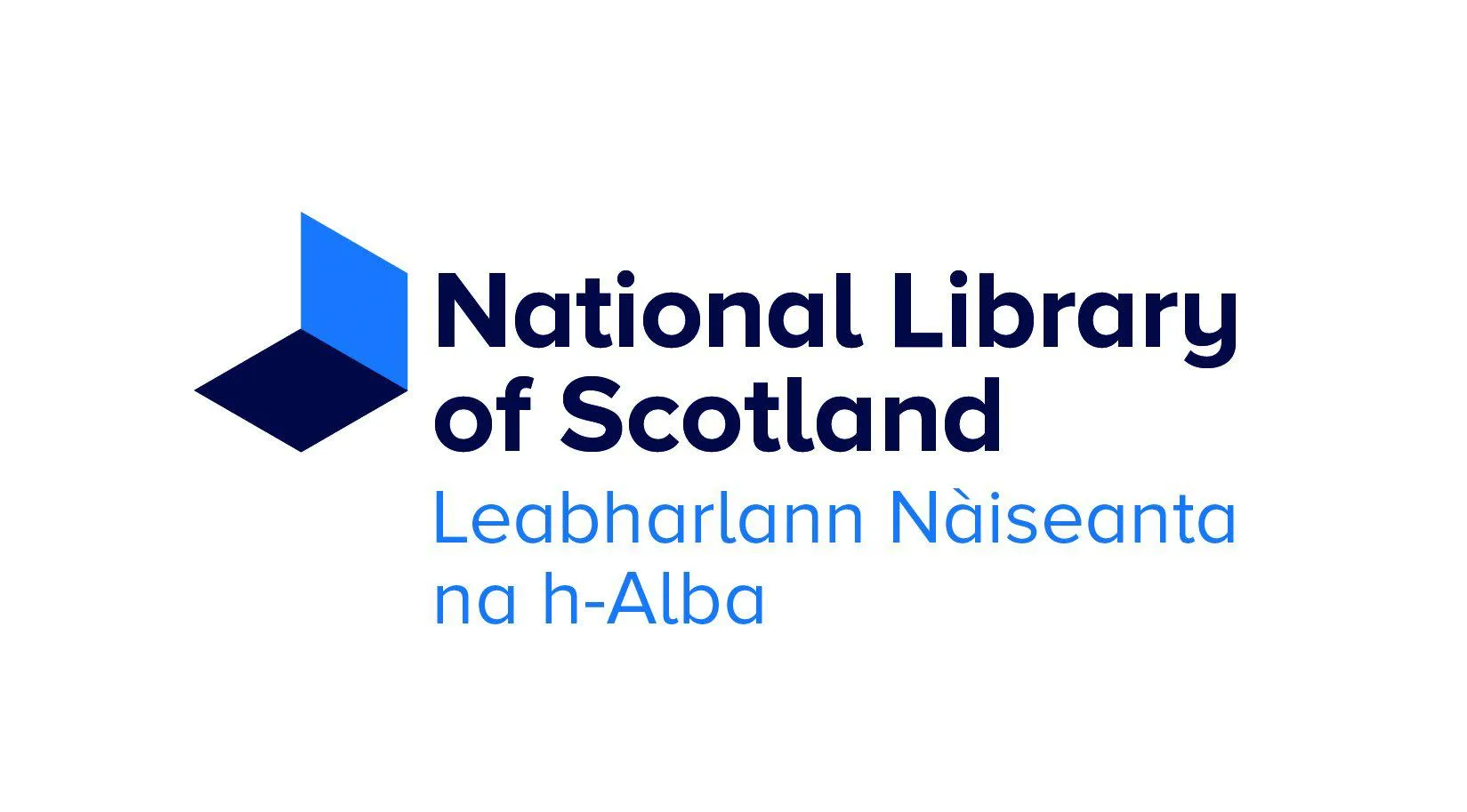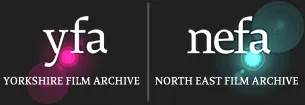Intelligent Systems for Screen Archives (ISSA)

Intelligent Systems for Screen Archives (ISSA) aims to develop critical and technical exploration of artificial intelligence technologies (AI) in the screen sector, focusing on moving image archives in the UK.
The project brings together five film and television archive partners across the four UK nations: National Library of Scotland, National Library of Wales, Northern Ireland Screen, North West Film Archive, and Yorkshire Film Archive, in collaboration with King’s Digital Lab, to develop the knowledge, tools, and skills required to rethink large audiovisual collections from a computational perspective.
The project is set in the context of widespread enthusiasm about the potential of AI technologies, fuelled by mainstream public discourse and the wide social adoption of services like ChatGPT, Gemini, or Copilot. These services are front-end interfaces built on top of large computational models that are trained on vast amounts of data, including digital images. In the past decades, film and television archives have digitised their collections at different scales, in various formats, and increasingly including digital-born materials. These growing collections of moving images are assembled and made available through rich contextual and medium-specific knowledge, encoded in catalogues, databases, metadata records, and in the moving images themselves. Emerging AI technologies suggest great potential to understand screen heritage from a computational perspective and create new forms of value for moving image archives and their users. At the same time, the rapid proliferation of this family of technologies and the enormous financial interests vested in them have been profoundly disorienting, especially to cultural institutions such as film and television archives that hold data-intensive collections but rarely have the resources, infrastructures, and in-house expertise required to accurately define the computational value of their holdings. Articulating this value to their users and stakeholders is the main challenge tackled by this project.
ISSA will enable creative exploration of AI technologies in the screen sector, informed by cutting-edge research in the area of area of computational moving image studies, coordinated through the Film Archives UK network of screen heritage specialists, and designed under the principles of AI development that is critical, responsible, and public.
ISSA is delivered by the Department of Digital Humanities at King's College London and King's Digital Lab, supported by the BFI Innovation Challenge Fund, made possible with National Lottery funding.

Aims
ISSA adopts a human-centred design approach to technology development. In practice, this means prioritising the needs, preferences and expectations of end-users and stake holders, such as archivists, curators, and members of the public who engage with audiovisual collections. The goal is not to suggest technical fixes to existing archiving and preservation challenges, but to collectively rethink the archive and its practices from a computational perspective. To achieve this, the project has the following specific objectives:
- Develop a prototype for creative experimentation with moving image collections, including modules for data enrichment, exploration, retrieval, and interaction;
- Co-design of situated experimentation workshops delivered through a format called AI for Media Sandbox;
- Create a publicly accessible code repository and knowledge base for archives to document these experiments and share tools, knowledge and best practice that arises from them; and
- Document requirements and sector gaps that can be used to attract future funding and inform strategic decisions about AI in moving image archives.
Methods
The proposed prototype will be designed as a modular system, using state-of-the-art open-source libraries and models, to provide a functional blueprint of how to enrich, explore and interact with a large collection of moving images. The complementary workshops are designed to situate the prototype in different contexts, with budgeted time and resources to identify, sample and reshape collection asynchronously, and a dedicated time and space to focus on creative experimentation and in-person exchange.
Through the workshops, archive partners will be able to use the prototype to experiment with:
- Automated captioning and metadata generation using large language and visual models (LLMs and LVMs)
- Moving image collection navigation and visualisation through projection and clustering techniques (t-SNE UMAP)
- New techniques for retrieval and discovery through implementations of retrieval augmented generation (RAG and GraphRAG)
- Bootstrapping data-driven interactive applications for creative exploration and reuse of collections, such as algorithmically-assisted editing or generative visual storytelling.
Through the principles of guided experimentation and co-design, ISSA will allow archives of different shapes and sizes to benefit from the same prototype while focusing on one or more of the processes above according to their resources, interests and priorities.
Impact
The tools and knowledge generated through the project will impact how the collections and practices of film and television archives are reshaped through emerging computational technologies, including new ways of cataloguing, preservation, and interaction with the moving images that tell the story of Britain on screen.
Principal Investigator
Affiliations
Funding
Funding Body: British Film Institute
Amount: £192,500
Period: March 2025 - August 2027







